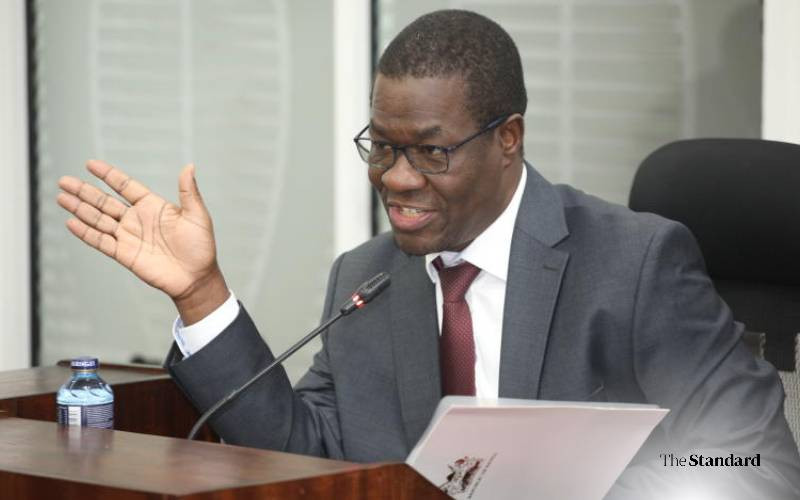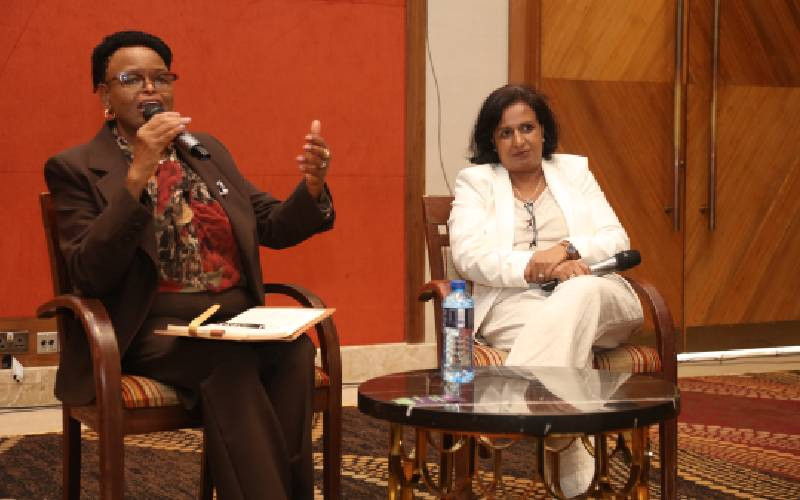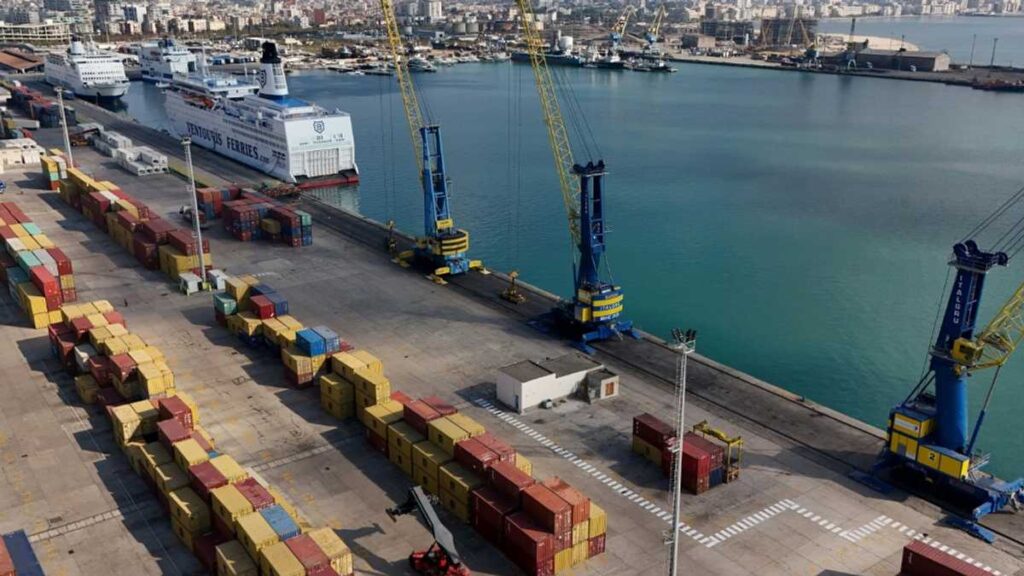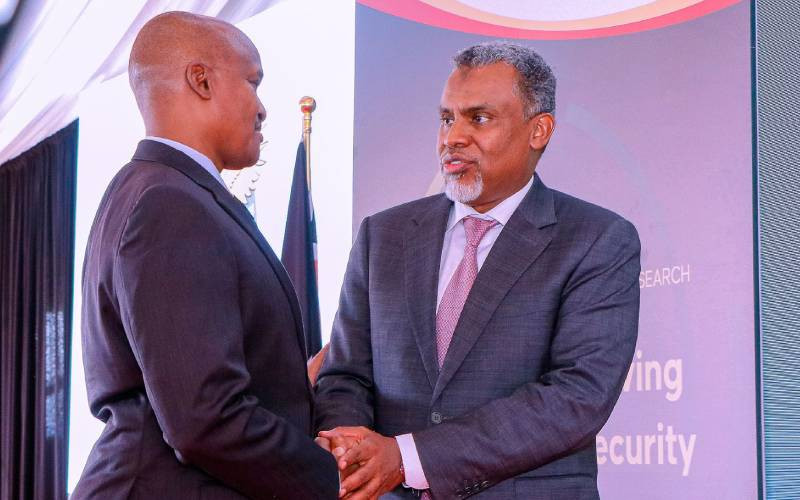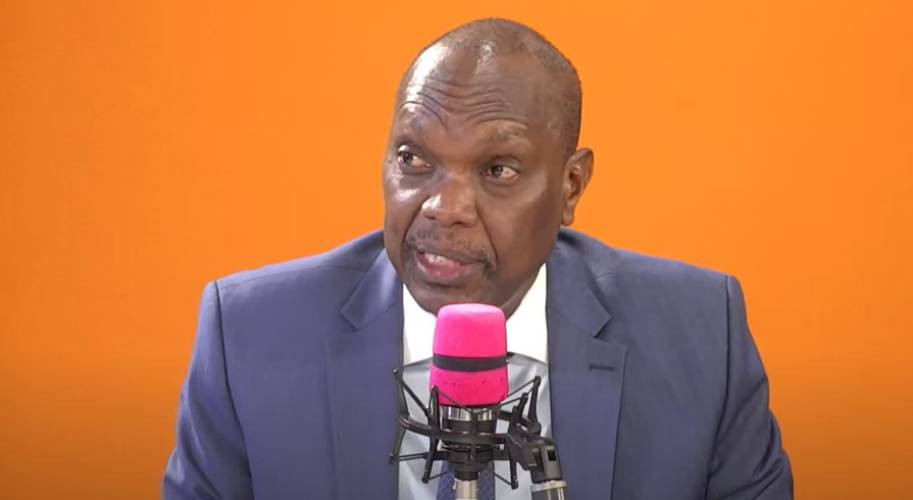Energy Cabinet Secretary Opiyo Wandayi has admitted that high taxation has seen fuel prices remain higher than in other East African countries.
The CS was pressed to explain why the prices were rising despite the government-to-government (G-to-G) arrangement for petroleum products.
“Our pump prices are slightly higher than the rest of neighboring countries, that the taxes on fuel are lower than us, and that is in their wisdom… the wisdom of respective Parliaments,” Wandayi told the National Assembly Energy Committee.
But the members told the CS that his explanation “might not convince Kenyans”. “Kenyans are looking upon you defend their interests, like me who is heading a constituency bordering Tanzania not to cross over to buy it cheaper, and so is the case for other border town,” said committee chair and Nyatike MP Tom Odege.
The MPs took issue with the CS for blaming the Parliament. “It would have been good if the energy committee is involved in fixing prices because we are the representatives of the people, and know where the shoe pinches… it is not accurate to say that Parliament determines the prices,” said Turkana Woman Rep Cecilia Asinyen.
Embakasi South MP Julius Mawathe added: “There is no day that MPs have decided fuel prices, yet in the last statement…”
But the CS explained that the G-to-G arrangement has lowered the landing cost, which is now lesser than in Tanzania. He defended the prices, saying each country has its priorities.
“To further clarify, I did not imply that National Assembly plays a role in fixing petroleum products prices. I did say that these taxes and levies that are imposed on petroleum products have to be approved by Parliament, that without Parliament’s approval they cannot take effect that informs my reasoning,” he said.
Wandayi assured Kenyans that prices will come down in the coming months. “The recent increase in fuel prices was a temporary situation. In fact, prices at the pump have generally been decreasing since July last year,” he told the committee.
Foreign exchange reserves
Before the G-to-G arrangement, he said, petroleum products were paid in US dollars, putting a strain on foreign exchange reserves.
“The KES-USD exchange rate is a critical variable in the determination of petroleum pump prices and any shilling depreciation is directly transferred to the end consumer in form of increased retail prices,” he said.
To ease the pressure, the government entered into the G-to-G deal on April 1, 2023. Wandayi said 170 cargoes have been delivered, assuring security of supply for the country and the region.
After a review of the country’s macroeconomics, the National Treasury and the Central Bank of Kenya advised that full economic recovery was yet to be realised.
“On this backdrop, Cabinet approved for the extension of the period of the G-to-G for an additional 24 months after the expiry of the current contract. The G-to-G arrangement is now set to expire within first quarter 2028,” he said.
Stay informed. Subscribe to our newsletter
Price computation
The total value of Letters of Credit (LCs) issued is valued at $12.34 billion out of which LCs worth $10.91 billion have been settled with no default.
The CS also explained that the computation of petroleum pump prices is undertaken in accordance with the Petroleum (Pricing) Regulations, 2022.
The computation takes into account the key cost components, including the landed cost, storage and distribution costs, and gross margins and applicable taxes and levies.
“In the recently released prices for the period 15th July 2025- 14th August 2025, them (Energy and Petroleum Regulatory) Authority considered two cargoes of super petrol, two cargoes of diesel and one cargo of illuminating kerosene fuel. All these cargoes were delivered into the country between the 10th of previous month (June) and 9th of the current month (July),” he said.
The average landed cost of super petrol increased by 6.45 per cent from $590.24 per cubic metre in May to $628.30 per cubic metre in June 2025. Diesel increased by 6.27 per cent to $16.59 per cubic metre while kerosene rose by 6.95 per cent to $608.54.
“The landed cost for each product is derived from international global prices, which are published on a day to day basis. The Oil Industry in Kenya uses the S&P Global Platts Platform,” the CS said.
Wandayi added that the international prices of refined products increased by 6.72 per cent, 9.33 per cent and 8.15 per cent for super petrol, diesel and kerosene between May and June.








